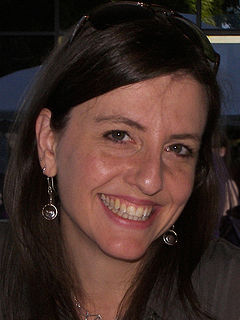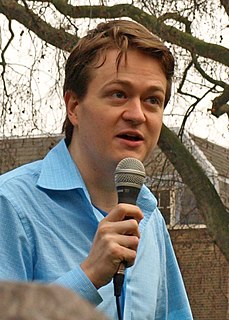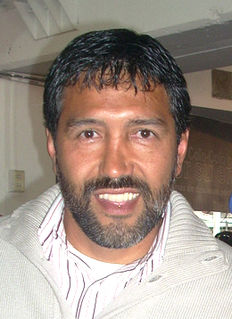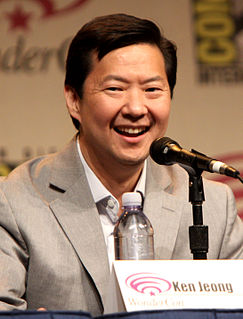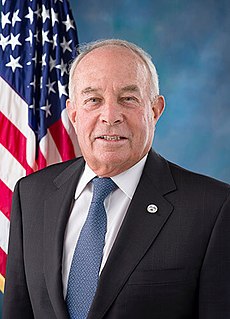A Quote by Maia Szalavitz
Because of the war on drugs, pain patients are treated with skepticism and pain doctors live in fear of being prosecuted for overprescribing. The end result is that addicts still get their opioids without much trouble, while genuine patients often can't find treatment. Those who do must typically be tracked in a database and must schedule frequent, expensive doctor visits for surveillance like urine testing.
Related Quotes
I am a spiritual person. I'm a Catholic. I treat my patients, the dead patients, as live patients. I believe there is life after death. And I talk to my patients. I talk to them, not loudly but quietly in my heart when I look at them. Before I do an autopsy, I must have a visual contact with the face.
The opposite of addiction is human connection. And I think that has massive implications for the war on drugs. The treatment of drug addicts almost everywhere in the world is much closer to Tent City than it is to anything in Portugal. Our laws are built around the belief that drug addicts need to be punished to stop them. But if pain and trauma and isolation cause addiction, then inflicting more pain and trauma and isolation is not going to solve that addiction. It's actually going to deepen it.
In medical school, students are immersed in the realm of medical ethics. It's where new doctors study, learn right and wrong, ask tough questions, and discuss things like end of life care, genetic testing, and patients' rights. In lots of ways, it's the most important part of being a compassionate and competent doctor.
Pretty much everybody knows there are not enough organs for all of those patients who need to get transplants, and what happens is, is that organs are actually directed in liver transplantation to those patients who are the sickest. So the patients who have the greatest chance of dying in the next three months or so are the ones who get the priority for the liver transplant.
The doctor begins to lose freedoms; it's like telling a lie, and one leads to another. First you decide that the doctor can have so many patients. They are equally divided among the various doctors by the government. But then the doctors aren't equally divided geographically, so a doctor decides he wants to practice in one town and the government has to say to him you can't live in that town, they already have enough doctors. You have to go someplace else. And from here it is only a short step to dictating where he will go.
We need a comprehensive renewal of the nursing care system in Germany, and quickly. The two-tier medical system must be abolished. Patients with public health insurance are waiting months to be seen by a specialist doctor, while doctors increasingly give priority to privately insured patients. That's unacceptable. We also need an educational revolution. Medicine, nursing care, education: Germany is not a modern country when it comes to these three areas. We have to adapt our policies to the social reality. These are projects that can awaken Germany out of its torpor.
The USDHEW calculates that 7% of all patients suffer compensable injuries while hospitalized .....One out of every five patients admitted to a typical research hospital acquires an iatrogenic (Caused by the treatment process) disease, one case in thirty leading to death. Half of these episodes result from complications of drug therapy; amazingly, one in ten come from diagnostic procedures.

